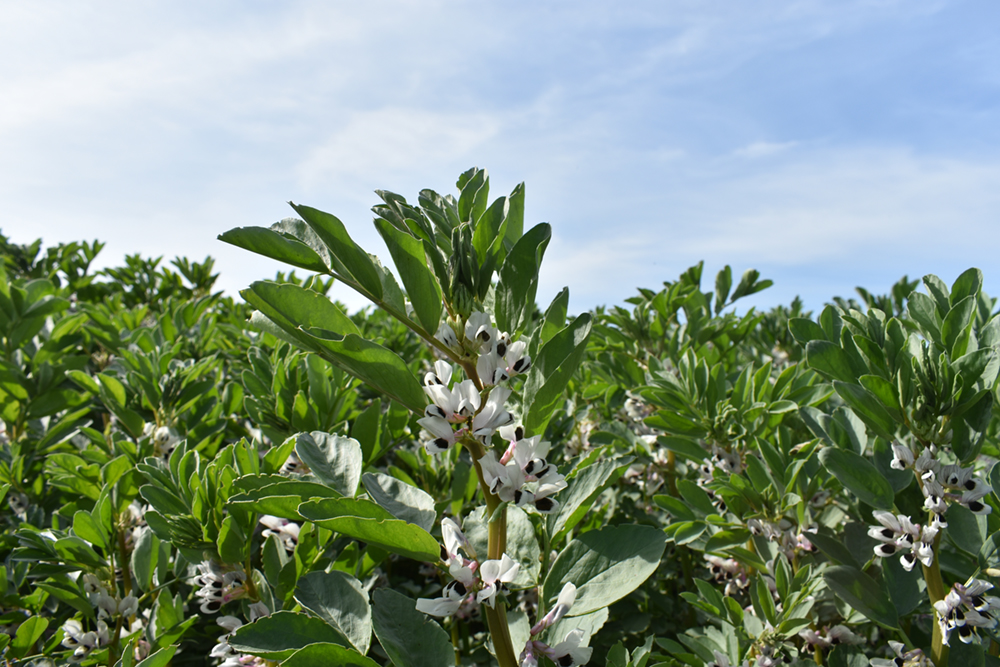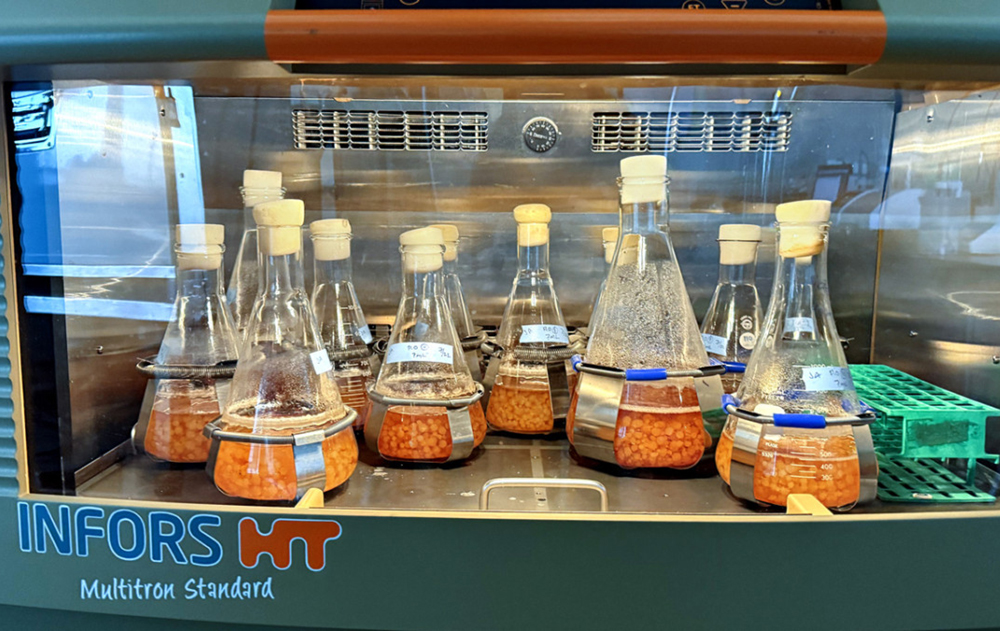

Singapore Food Agency awards US$31 million to boost innovation in future foods and food safety
The Singapore Food Agency (SFA) has committed SG$42 million (US$31 million) to drive breakthroughs in alternative proteins, food safety, and sustainable biomanufacturing under the second phase of the Singapore Food Story (SFS) R&D Programme. The funding will support 11 research projects focused on strengthening nutrition, functionality, and safety in next-generation food systems.
The grants were awarded through two targeted calls: the Second Future Foods Grant Call and the Food Safety Grant Call. The first focuses on enhancing the nutritional and functional qualities of alternative protein products, while the second supports the development of non-animal testing methods for food safety evaluation.
Four projects were selected under the Future Foods category and six under Food Safety, with an additional grant awarded to the Centre for Precision Fermentation and Sustainability (PreFerS), a joint initiative between the National University of Singapore (NUS) and the University of Illinois Urbana-Champaign (UIUC).
PreFerS, established in 2024 through Singapore’s Campus for Research Excellence and Technological Enterprise (CREATE) program, will use the new funding to scale up research into sustainable production of high-value ingredients such as healthy lipids and functional proteins.
Associate Professor Du Juan, from the Singapore Institute of Technology, whose NutriBoost project was among the recipients, said the initiative highlights the impact of cross-disciplinary innovation. “The NutriBoost project exemplifies our commitment to real-world impact by leveraging novel food processing, flavor science, and AI to enhance the nutrition, texture, and taste of sustainable alternative proteins,” she said. Her team is developing an AI-powered integrated food processing platform to improve the sensory and nutritional quality of alternative protein products.
Another awardee, the NextGen Toxicokinetic team – a collaboration between researchers from the Agency for Science, Technology and Research (A*STAR) and NUS – received funding for the creation of Singapore’s first database of small-molecule additives. The resource will accelerate safety evaluations for novel foods, reducing reliance on animal testing. “By leveraging advanced tools, we aim to set new standards in non-animal food safety,” said Professor Tan Soo Yong, Lead Principal Investigator. “The NextGen platform will help companies worldwide evaluate novel food components efficiently and sustainably.”
The other Future Foods projects cover areas such as precision fermentation for Omega-3 lipid production, enhanced flavor and functionality of microalgae proteins, and novel gastrointestinal technologies to improve nutrient absorption. Food Safety projects include advanced organ-on-chip systems for cultivated cell safety testing, allergenicity assessments of precision fermentation proteins, and neurotoxicity evaluation platforms for cell-based and fermented foods.
Dr Ngin Hoon Tong, Senior Director of the Science and Technology Division at SFA, said continued research investment is key to strengthening food resilience. “As we continue to navigate an increasingly complex global food landscape, sustained R&D investment in novel foods remains an important strategy,” he said. “These awarded projects represent the next wave of breakthrough technologies that will enhance our food resilience and position Singapore as a leader in sustainable food innovation.”
The SFS R&D Programme was launched to accelerate Singapore’s ambitions to produce 30% of its nutritional needs locally by 2030 through innovation in urban agriculture, aquaculture, future foods, and food safety. With this latest round of funding, Singapore reinforces its position as one of the world’s most active innovation hubs for alternative proteins and food-tech research.
For more information about the Singapore Food Story R&D Programme, visit sfa.gov.sg
If you have any questions or would like to get in touch with us, please email info@futureofproteinproduction.com

.png)






